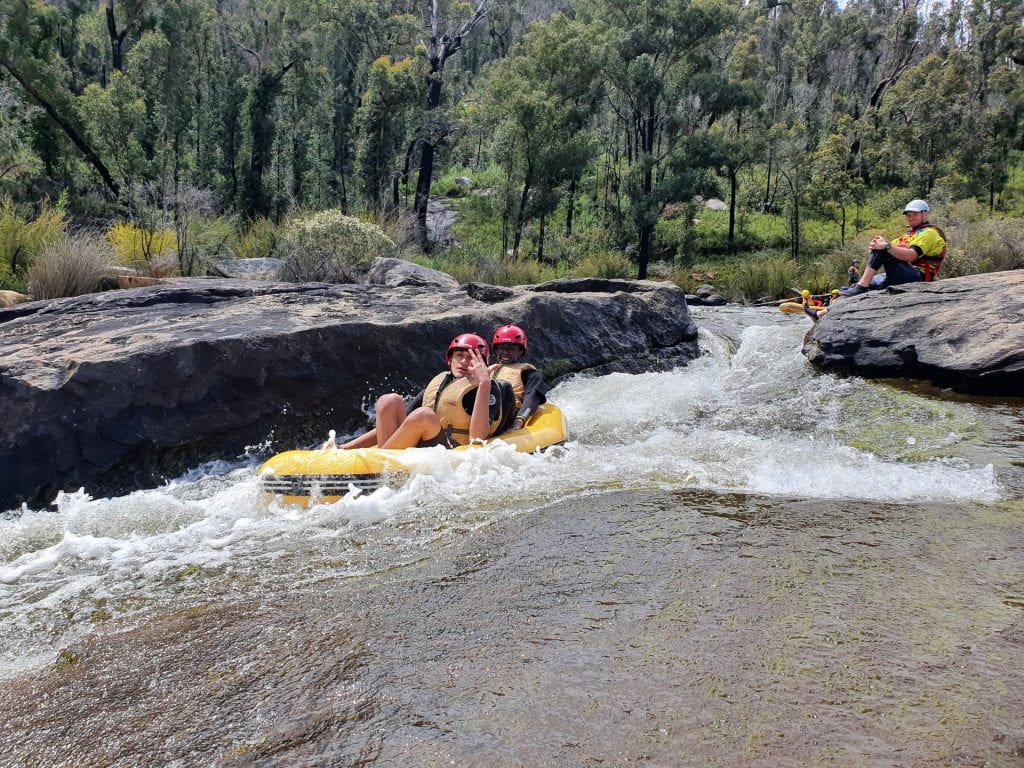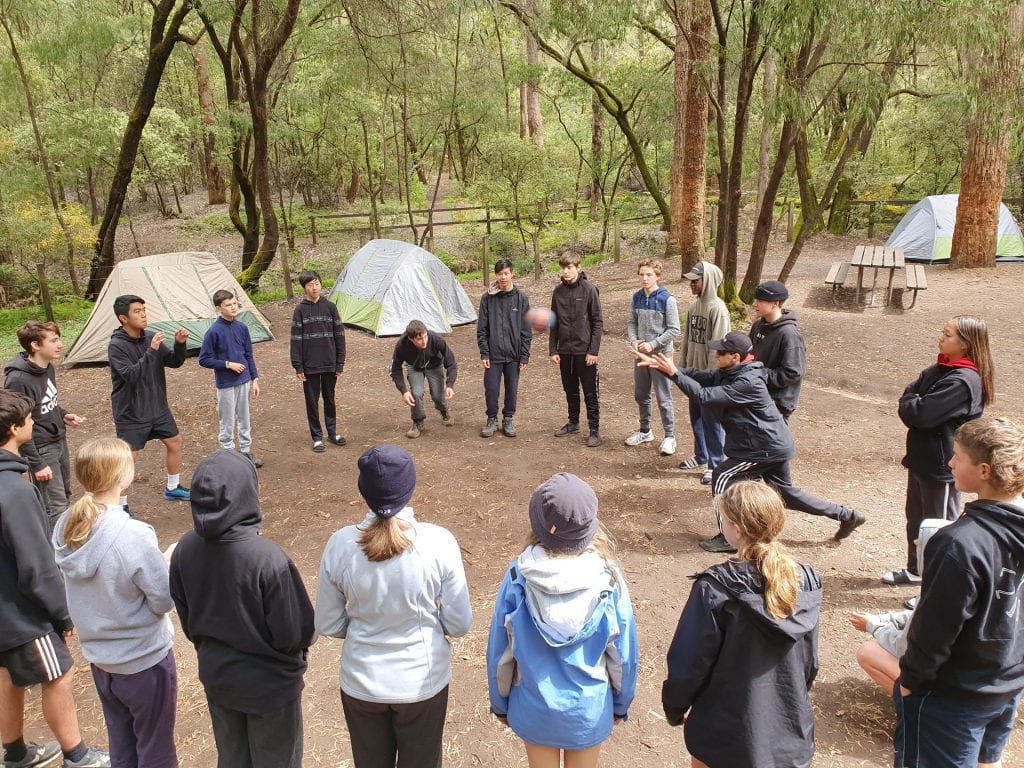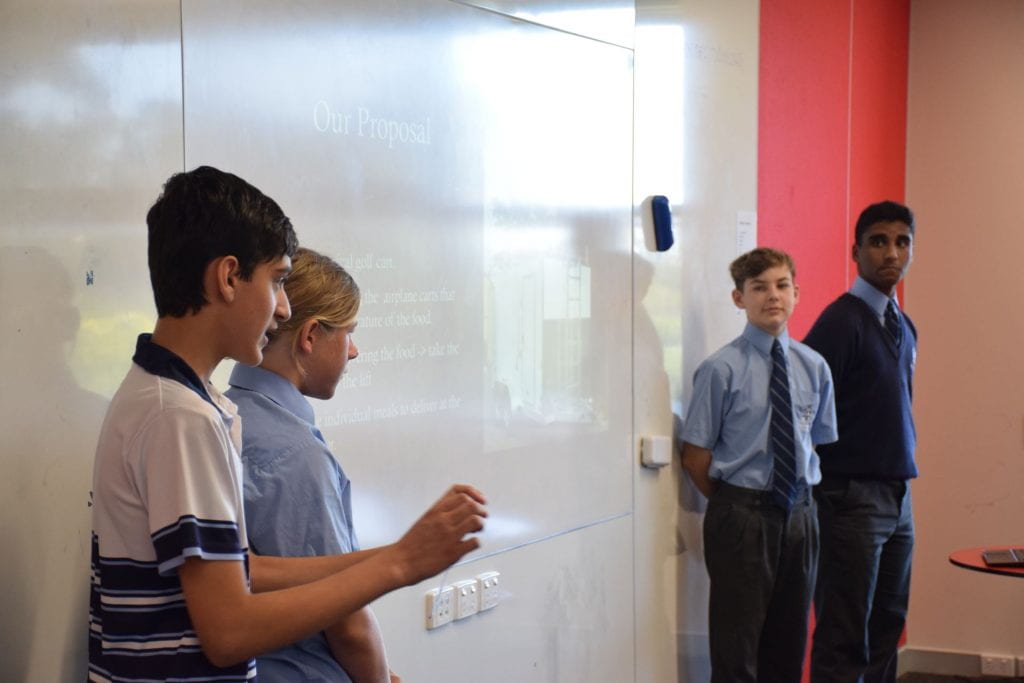Lock is an outdoor education elective that includes:
- Bush Cooking/Camp Skills
- Fishing
- Rock Climbing
Bush Cooking-Organisation+Resilience
We had to organise who was bringing what ingredients for bush cooking every Thursday double period, this was important because if someone brought the wrong things then we wouldn’t have the correct ingredients to cook our meal.
We also had to use the capability of resilience, this was because there were times where we struggled to start a fire due to wet weather and sticks. We overcame these difficulties by being resilient, and not giving up on trying to start the fire.

Rafting-Communication
While we were rafting, my partner (Dele) and I needed to be communicating with each other constantly. Communication was essential because if we didn’t communicate well, we wouldn’t be able to move through the rapids efficiently. An example of this was when we discussed who would paddle on what side to move forward, and who would stop paddling if we wanted to turn. Dele and I communicated well, which led to a really enjoyable white water kayaking session.

Team Building Games- Problem Solving
On the last day of camp, we participated in various team-building exercises and games. One of these games consisted of us passing 2 balls in a specific order around a circle, while 2 buckets of water were being passed around. A problem we faced, was when both buckets met, and they couldn’t be passed on directly. As a group, we used our problem-solving skills and figured to have a third person hold 1 of the buckets so that they could be passed around. Our problem-solving skills seemed to be effective, as our group recorded the fastest time to pass the 2 balls and buckets around the circle.

Leave No Trace
1. Plan Ahead and Prepare– We planned ahead by discussing who was taking what before we left for camp and by freezing our meat so our food didn’t go to waste.
2. Travel and Camp on Durable Surfaces-We stayed at designated camping places and avoided damaging any nature.
3. Dispose of Rubbish Properly-We put all our waste in bins, and before we left we did an ’emu bob’ to collect any small bits of rubbish left behind.
4. Leave what you find-We didn’t remove any natural items from their place.
5. Minimise Impact of Fire-We put an emphasis on burning down all of our fires down to coals and tried not to use any more wood than we needed.
6. Be Respectful of Wildlife-We didn’t feed any wildlife and we avoided walking through bushes.
7. Be considerate of your hosts and other visitors-We made sure to be quiet at night so we didn’t disturb any nearby campers. We also left the campsite clean, so the next people to come would have a good experience.




